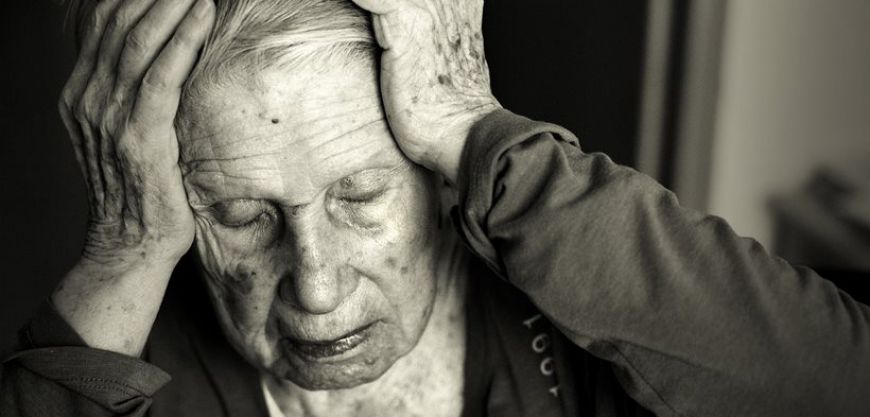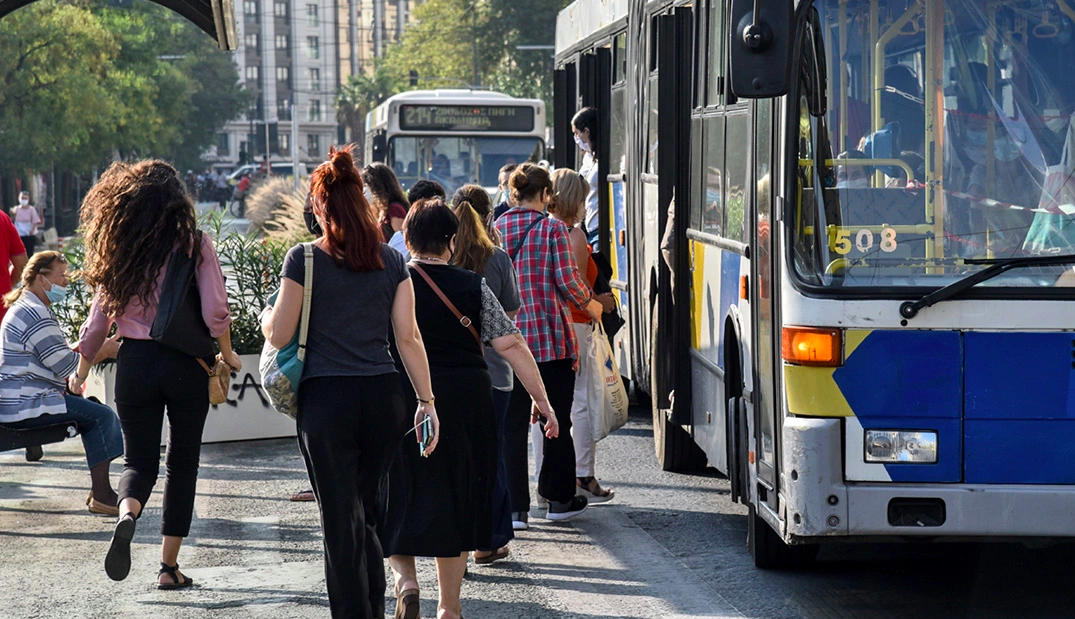Newly-published research by the Yale School of Public Health published in the journal “Psychology and Aging” demonstrates that people who have negative beliefs about aging are more likely to suffer the brain changes associated with Alzheimer’s disease. The study recommends that negative beliefs concerning aging should be stoped so as to reduce the rapidly rising rate of Alzheimer’s disease that causes dementia.
Lead researcher of the study, Becca Levy, is the first scientist to link brain changes and the cultural-based psychosocial risk factors.
“We believe it is the stress generated by the negative beliefs about aging that individuals sometimes internalize from society that can result in pathological brain changes,” says Levy. “Although the findings are concerning, it is encouraging to realize that these negative beliefs about aging can be mitigated and positive beliefs about aging can be reinforced, so that the adverse impact is not inevitable.”
In their research, the authors of the study examined healthy, dementia-free subjects from the Baltimore Longitudinal Study of Aging, the nation’s longest-running scientific study of aging. Based on MRIs, the researchers found that participants who held more negative beliefs about aging showed a greater decline in the volume of the hippocampus, a part of the brain crucial to memory. Reduced hippocampus volume is an indicator of Alzheimer’s disease.
Researchers used brain autopsies to examine the two other indicators of Alzheimer’s that are amyloid plaques – protein clusters in the brain cells – and neurofibrillary tangles. Participants that held negative beliefs on aging had a greater number of plaques and tangles. These age stereotypes were measured 28 years before the plaques and tangles.


































